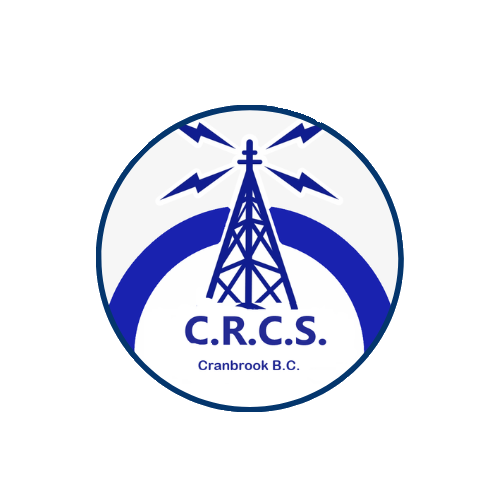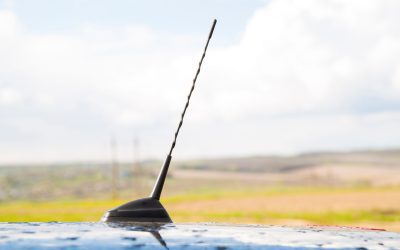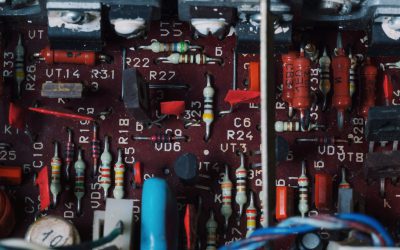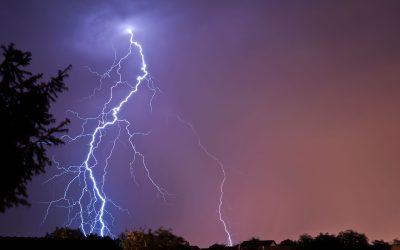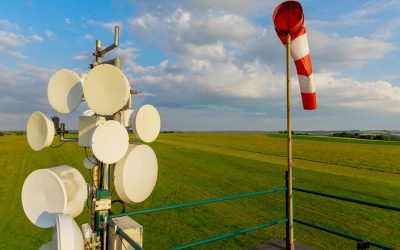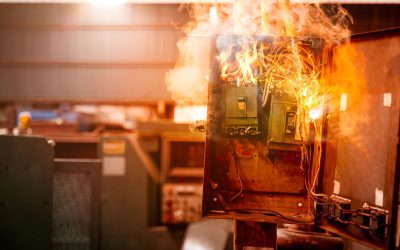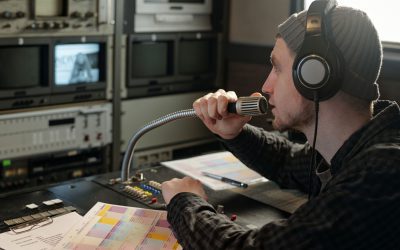Knowledge is Power
For Your Information
Installing Mobile Antennas on Non-Metallic Vehicles
If you’ve ever tried installing mobile antennas on fiberglass, carbon fiber, or plastic-bodied vehicles, you already know it isn’t as straightforward as mounting one on steel. Unlike traditional metal-bodied cars and trucks, non-metallic vehicles lack the natural...
Ferrites 101: Choosing the Right Mix for the Right Job
When you first dive into the world of amateur radio, there are some words and tools that come up again and again. One of the most important—yet often misunderstood—topics is ferrites. If you’ve been chasing down interference, trying to quiet noisy signals, or simply...
Diagnosing Antenna Failures After a Lightning Storm
Lightning storms can be spectacular to watch from the safety of indoors, but for amateur radio operators, they can also be a silent disaster waiting to happen. Even if your station wasn’t directly struck, a nearby lightning event can introduce damaging voltages,...
Understanding Propagation: What Every Ham Should Know About Summer Conditions
When summer rolls around, most people are thinking BBQs, camping, and long evenings outside. For amateur radio operators, however, summer signals something else entirely—changes in propagation. Propagation, the way radio waves travel from one point to another, can...
Summer Heat & Radios: Avoiding Thermal Shutdowns
Summer brings long days, better propagation, and more opportunities to get on the air from the great outdoors. But with sunshine comes a hidden threat to your rig—heat. Overheating can cause radios to shut down mid-QSO, behave erratically, or even suffer permanent...
How to Run an Effective Portable HF Station in the Backcountry
Running a portable HF station in the backcountry can be one of the most rewarding aspects of amateur radio. Whether you're activating a park for POTA (Parks on the Air), summiting a peak for SOTA (Summits on the Air), or just enjoying the great outdoors, setting up a...
